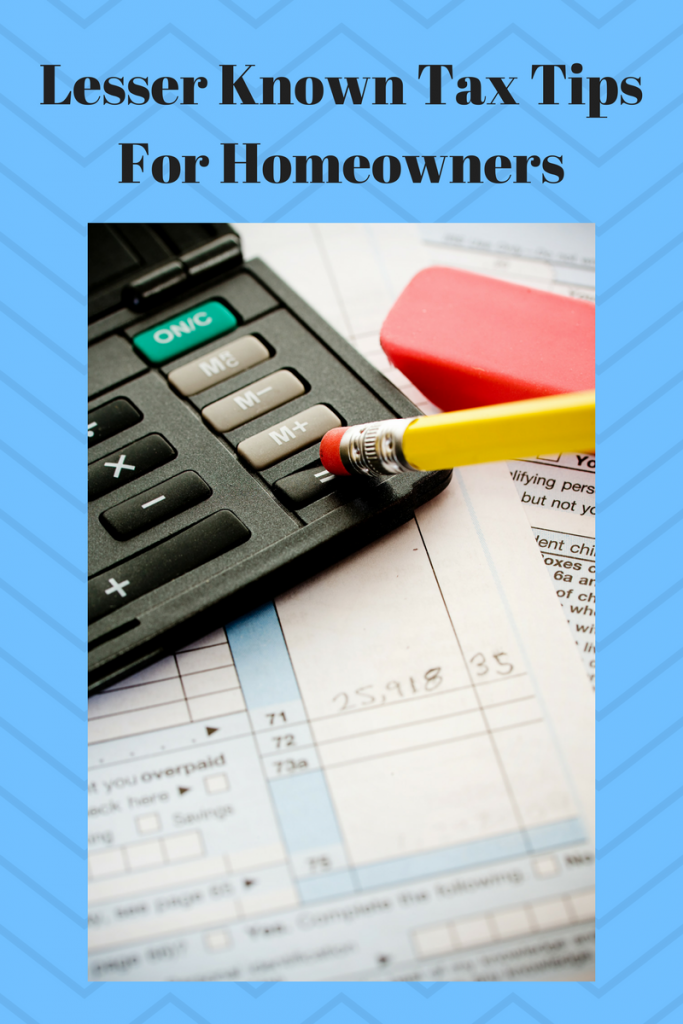
Everyone knows about the tax deduction for mortgage interest paid on your mortgage, but what other tax advantages are there to owning your own home?
One challenge of home ownership that is rarely discussed is the tax laws around points on your loan, cost basis, etc. Just a modicum of knowledge can easily clear up these often confusing terms. Here’s the inside scoop about mortgage basis points and how they’re used within the calculation of your home’s value, cost basis, and taxes owed.
What are Points?
Points are the fees that you pay to the mortgage lender in order to obtain a loan. Points are considered akin to prepaid interest. As such, you can deduct them against your income each year. The only question pertains to whether or not you can deduct the full amount immediately, or if you should divide this deduction out over the life of the loan.
You can simply deduct all the points paid the first year if all of the following items are true:
● The loan is being used to build or purchase your primary residence.
● Paying points on a mortgage loan is customary in your area.
● The points you pay do not go toward appraisal fees, title insurance, property taxes, or other transaction fees and costs.
● You didn’t borrow the money you used to pay the points.
● The points were based on a percentage of the total loan amount.
Cost Basis
This is simply the original value of an asset for tax purposes. The cost basis is generally simple to calculate; it is simply the price you paid for the home plus any capital improvements that have been made. After that, subtract any points that were paid by the seller, depreciation expense, and losses.
Capital improvements are any work done that increases the home’s value. Examples of typical capital improvements would be a swimming pool, putting on an addition, finishing a basement, etc.
Understanding Your Tax Burden When You Sell Your Home
If you owned and lived in the home for at least two out of the last five years, you most likely don’t owe any tax at all. A single person does not pay tax on capital gains of less than $250,000. For married couples the limit is $500,000. As a married couple, if you purchased a home for $100,000 and sold it for $600,000, you would not owe any tax on the gains from the sale.
There are special circumstances under which the two-out-of-five minimum requirement is waived. Examples of these would include health issues, divorce, change of employment, etc.
In these special cases, the amount of the exemption is based on the number of months the home was lived in. If you were single and lived in the home for just 12 months, you would be entitled to an exemption of $125,000; half of the deduction allowed if you had lived there for the entirety of the required two years out of five.
Inherited Property
The cost basis on a property that you inherit is the market value at the time of the owner’s death.
This is great for you as the recipient because it doesn’t matter how much your grandmother paid for her home 50 years ago. If you inherit the home that she paid $20,000 for and it’s now worth $200,000 on the day she died, you would not owe one penny of tax on the proceeds of any future sale, even if you were to sell the home as soon as possible.
Tax laws are always in flux, so check with your state and federal tax laws for the latest changes and always consult with a tax attorney and CPA (certified public accountant) before making any major financial decisions.




No comments yet.